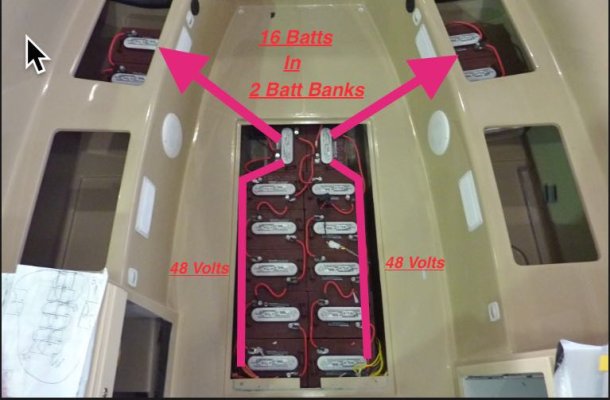Martin J
Guru
Came across this in this morning's paper.
Looks like we are in for major changes in the coming years.
https://www.express.co.uk/news/scie...gn=daily_evening_newsletter2&utm_medium=email
I like the fact that they assume that the batteries will be considerably cheaper than current lithium batteries.
Looks like we are in for major changes in the coming years.
https://www.express.co.uk/news/scie...gn=daily_evening_newsletter2&utm_medium=email
I like the fact that they assume that the batteries will be considerably cheaper than current lithium batteries.


